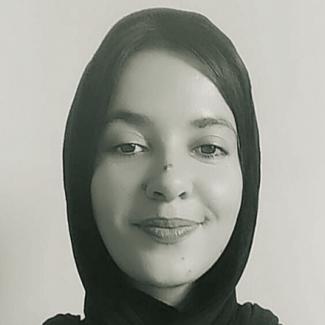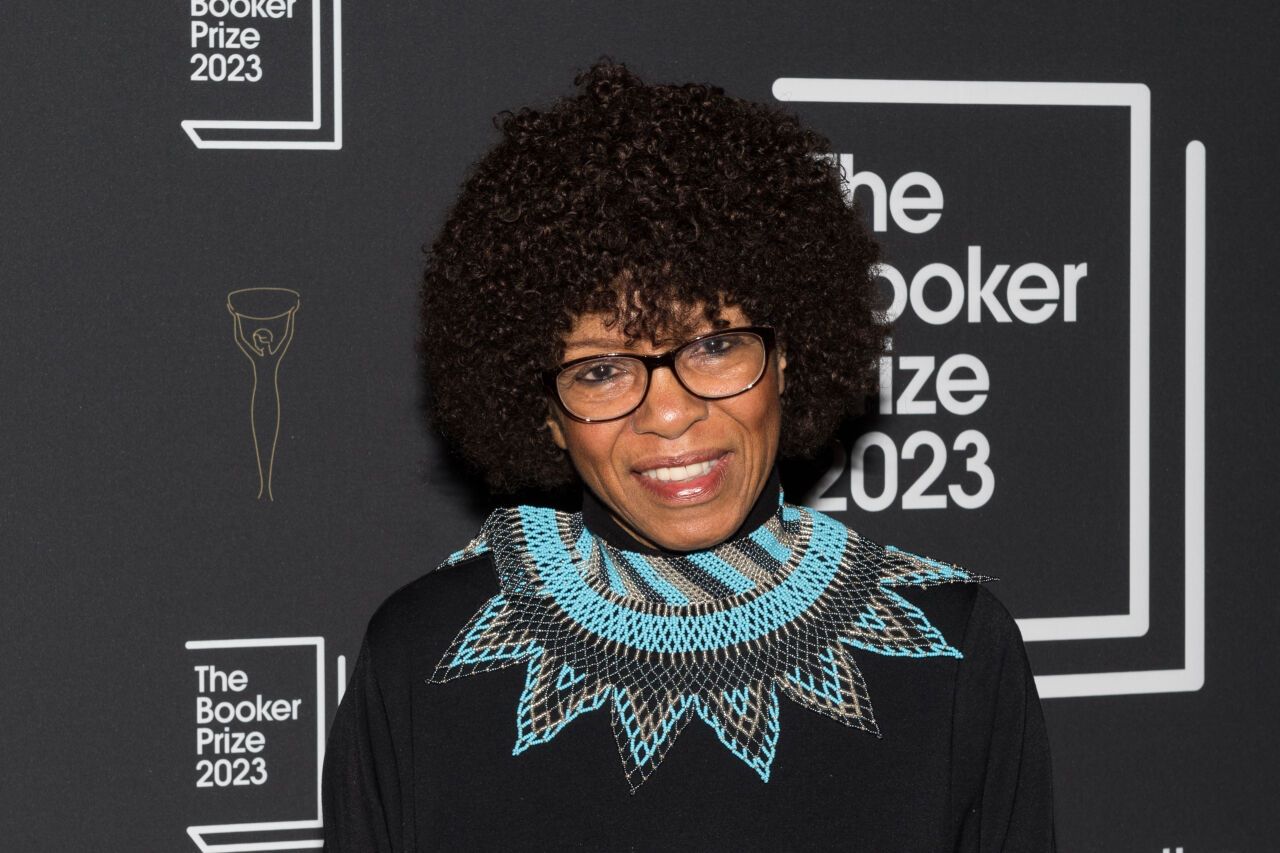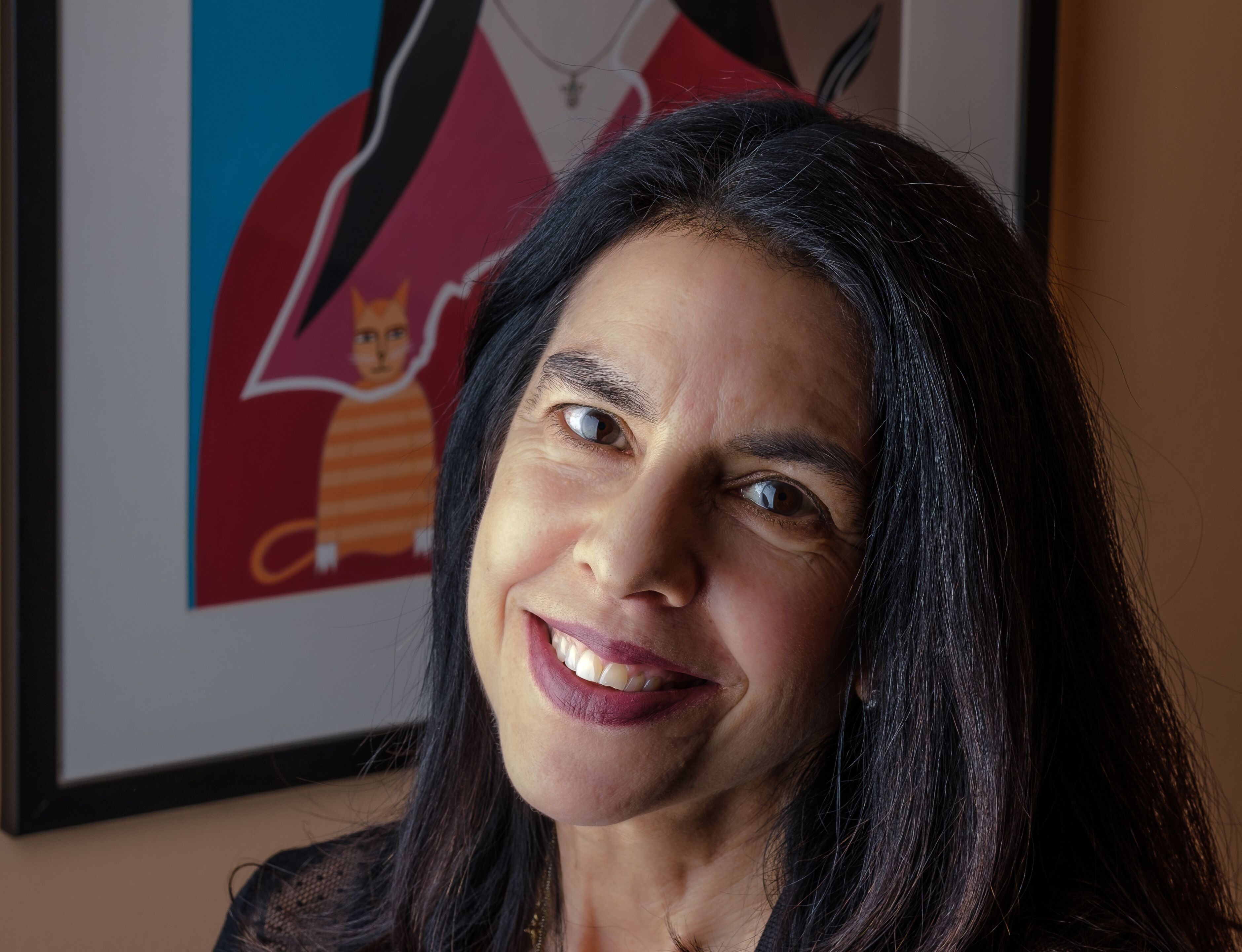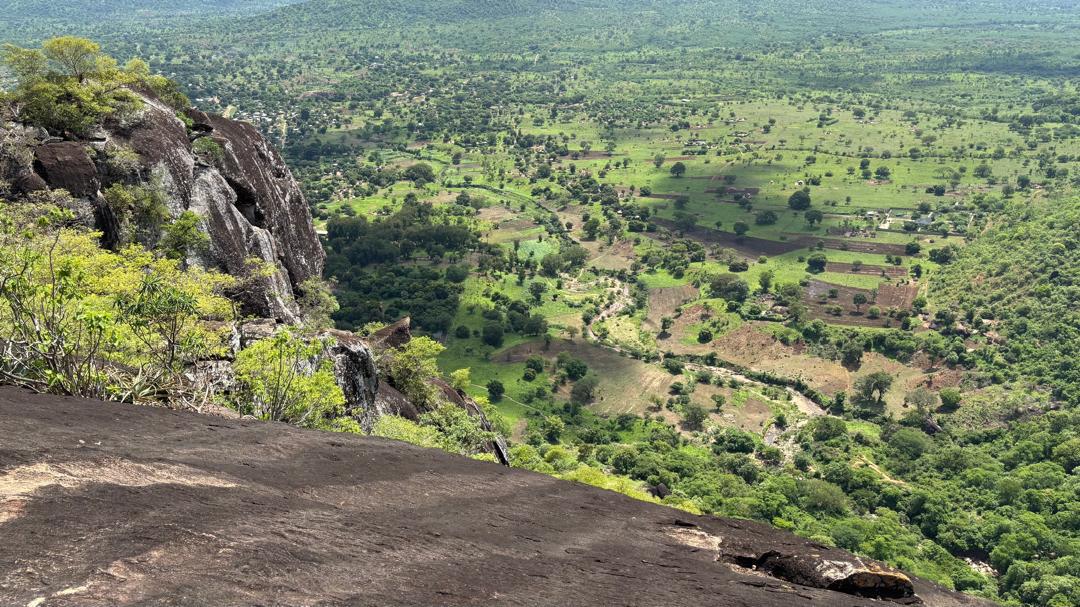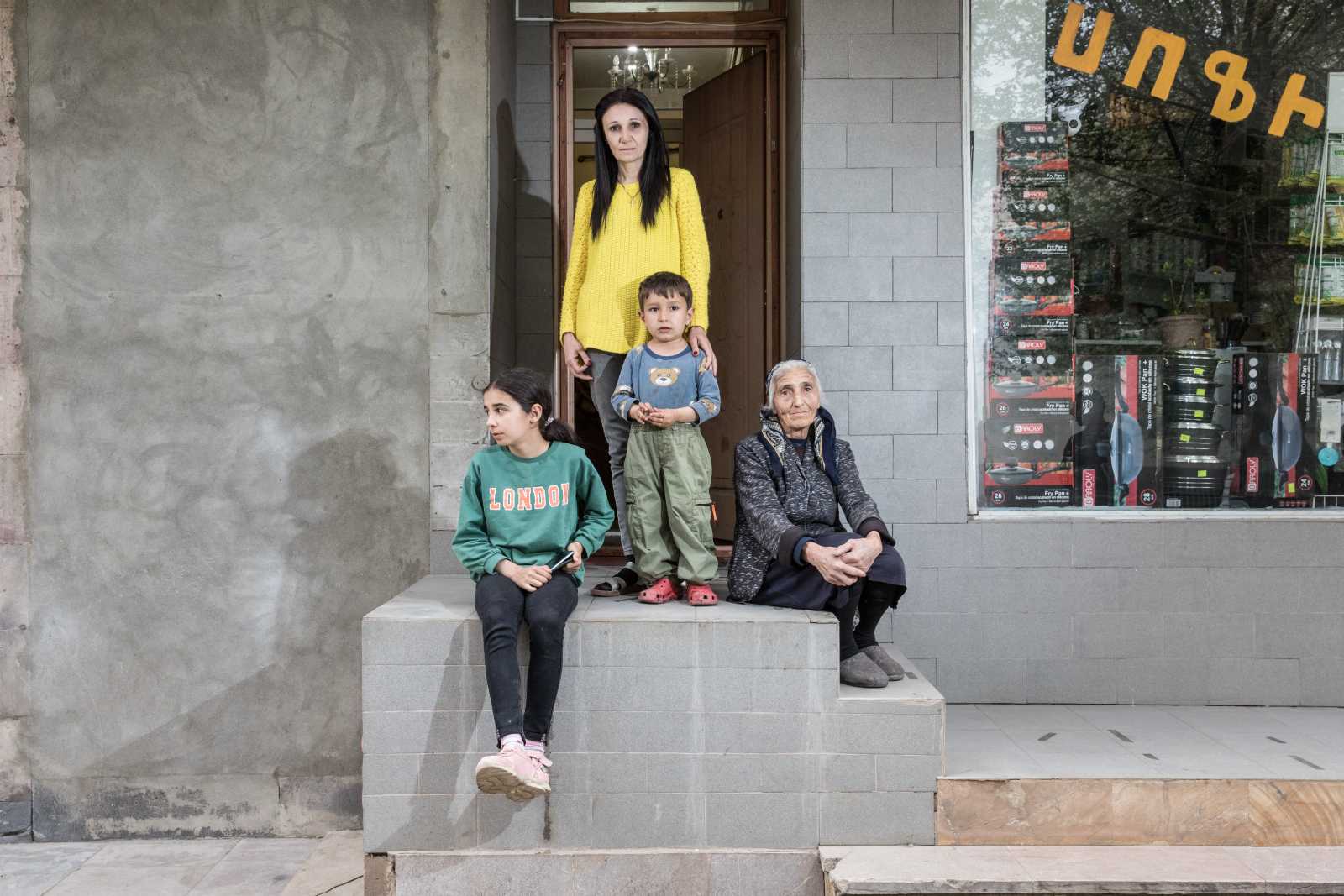Women’s rights in Algeria
Women stand up against femicide
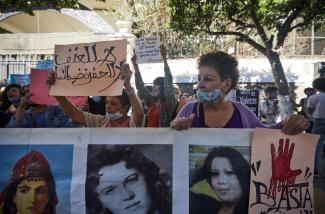
The 1984 Algerian Family Code governs crucial aspects of marriage, divorce and inheritance. Women’s rights are restricted as most decisions require the consent of men. Despite amendments in 2005 and 2016 aimed at bolstering women’s agency in matters of marriage and divorce, gender equality gaps persist. Notably, gender-based violence issues like domestic abuse and marital rape remain largely unaddressed.
In recent years, men have murdered numerous women because of their gender, referred to as femicides. Activists of the Féminicides Algérie platform are committed to documenting these crimes. Between 2019 and 2021, they registered 187 cases, two of which attracted significant attention.
In October 2020, the tragic story of Chaïma, a 19-year-old from Algiers’ outskirts, shook the nation. She was lured to an abandoned petrol station by a man who sought revenge because she had sent him to prison for a previous rape. Chaïma faced horrifying brutality. The culprit raped and tortured her and ultimately set her on fire.
This crime prompted widespread protests across Algerian cities. Women demanded an end to gender-based violence and justice for Chaïma. Activists used hashtags like #JeSuisChaïma, #WeLostOneOfUs and #NousSommesToujoursLà to draw attention to the issue. Disappointingly, some parts of social media chose to blame the victim’s style of dress rather than holding her rapist and killer accountable for the crime.
Another prominent case is that of 39-year-old journalist Tinhinane Laceb. The mother of two daughters hosted an environmental programme on Algerian television. On 26 January 2021, she was murdered by her husband who was very jealous and could not accept that she was having a career. Algerian television initially reported this act as a mere “death” failing to specify it as a femicide or assassination.
Algerian women increasingly refuse to accept gender-specific violence. However, the prevailing culture of silence and stigmatisation makes it difficult for victims to seek justice. Although laws exist against gender-based violence in Algeria, they are often not sufficiently enforced.
Advocacy and Resistance
23-year-old Dhoha vividly describes how Algerian women are facing gender-based violence as double victims, burdened not only by their attackers but also by societal scepticism: “You will be afraid of getting attacked and also afraid that people won’t believe you. Afraid of the attacker and society. Who will believe me?”
Algerian women have actively embraced advocacy and resistance movements. Social media has emerged as a potent tool for amplifying their voices and spotlighting issues long shrouded in secrecy. For instance, in response to Chaïma’s tragic murder, the Association des Actrices Algériennes (Association of Algerian Actresses) released a YouTube video featuring renowned Algerian actresses. This video is a satirical critique of patriarchal and misogynistic values, aimed to challenge the oppression of women. It met with patriarchal backlash, accumulating numerous dislikes as many Algerians found it offensive to the country’s religious and traditional values.
However, this has not stopped Algerian women from resisting and fighting for legislative reform and cultural change.
Links
Féminicides Algérie:
https://feminicides-dz.com/
YouTube video against gender-based violence in Algeria by the Association des Actrices Algériennes:
https://www.youtube.com/watch?v=JAxLLmyYzMo&t=46s
Khadidja Kelalech is a research associate at the University of Leicester, UK and works on women’s issues in the MENA region, with a specific focus on Algeria.
kk480@leicester.ac.uk
